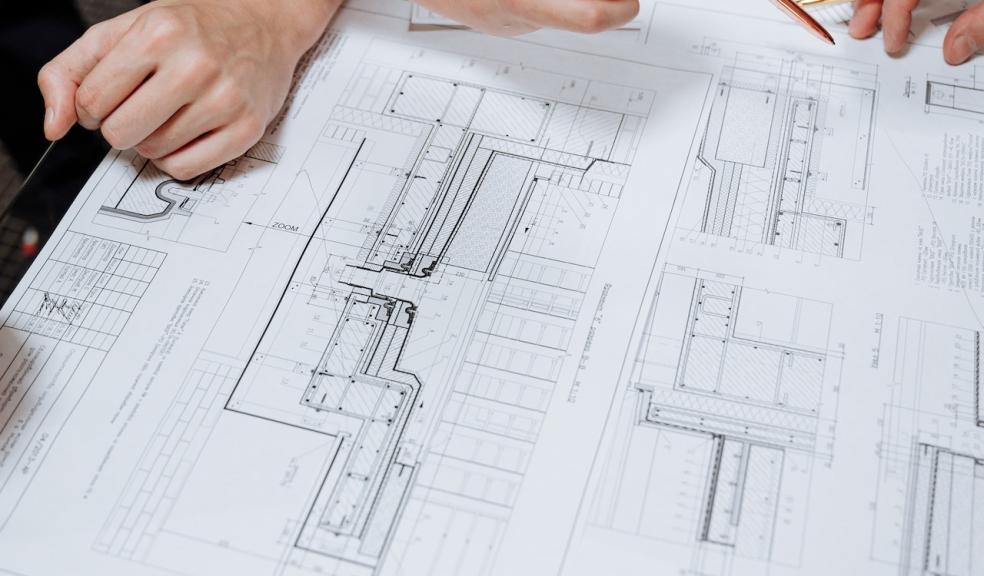
Capitalizing on the UK's Permitted Development Rights: A Lucrative Option for Landlords
Recent changes to the UK's permitted development rights (PDR) have opened up a world of opportunities for property investors and landlords. The shift in regulations now allows for the conversion of commercial properties into residential units without the need for planning permission. This article explores the benefits of these new PDR changes and why they make investing in commercial properties a lucrative option for landlords.
The Evolution of Permitted Development Rights
The UK government has been progressively amending permitted development rights to address the country's housing crisis and stimulate economic growth. These changes aim to simplify the planning process and encourage the repurposing of underutilized commercial spaces into residential units.
Previously, landlords were required to obtain planning permission from the local authority before converting commercial property into residential spaces. This process could be time-consuming, costly, and often met with resistance from local communities.
However, the changes to PDR now enable landlords to bypass these obstacles and transform commercial properties into residential units without planning permission, subject to certain conditions and limitations. This new flexibility presents a unique investment opportunity for landlords to capitalize on the growing demand for residential properties in the UK.
Why Investing in Commercial Property is a Good Option for Landlords
- Speedier Conversions
One of the most significant advantages of the new PDR changes is the ability to expedite the conversion process. Landlords no longer need to wait for planning permission, which can take several months or even years. By acquiring commercial properties for conversion, landlords can quickly turn their investments into income-generating assets.
- Lower Acquisition Costs
Commercial properties often have lower acquisition costs compared to residential properties. With fewer competitors in the market, landlords can secure commercial properties at more attractive prices. This, in turn, allows them to maximize their return on investment (ROI) when they convert and rent or sell the residential units.
- Wider Range of Properties
The changes to PDR have significantly expanded the types of commercial properties available for conversion. Offices, retail spaces, and light industrial units can all be transformed into residential properties, giving landlords a wider range of options to choose from when diversifying their portfolios.
- Increased Rental Yields
The demand for residential properties in the UK remains high, and the market has seen a steady increase in rental yields over the past few years. By converting commercial properties into residential units, landlords can capitalize on this demand and potentially achieve higher rental yields than they would with traditional buy-to-let investments.
- Value Appreciation
As more commercial properties are converted into residential units, the supply of commercial space may decrease, leading to an increase in the value of remaining commercial properties. This, in turn, can result in capital appreciation for landlords who invest in commercial property for conversion purposes.
- Contribution to Local Communities
By converting underutilized commercial spaces into residential properties, landlords can contribute to the revitalization of local communities. These conversions can help meet the increasing demand for housing, provide opportunities for local businesses, and create a more vibrant, sustainable environment for residents.
Potential Challenges and Considerations
While the benefits of investing in commercial property for conversion are clear, there are some challenges and considerations that landlords should be aware of:
- Building Regulations Compliance
Although PDR allows for the conversion of commercial properties without planning permission, landlords must still comply with building regulations. This may involve significant alterations to ensure the new residential units meet the required standards for safety, energy efficiency, and accessibility.
- Financing
Some lenders may be hesitant to provide financing for commercial property conversions due to the perceived risks involved. Landlords should be prepared to present a solid business case to secure the necessary funding for their projects.
- Tax Implications
The tax implications of converting commercial properties to residential units can be complex. Landlords should consult with a tax advisor to understand the various tax implications, including stamp duty land tax (SDLT), capital gains tax (CGT), and value-added tax (VAT) on conversion costs. Proper planning and understanding of tax obligations can help landlords maximize their returns on investment.
- Leaseholder Consent
In some cases, landlords may need to obtain consent from existing leaseholders before converting a commercial property into residential units. This can be a time-consuming process and may require negotiation to secure the necessary permissions.
- Market Fluctuations
As with any investment, market fluctuations can impact the value and demand for converted residential properties. Landlords should carefully consider the location and potential demand for their converted units to minimize the risks associated with market volatility.
- Expertise
Converting commercial properties into residential units requires a unique set of skills and expertise. Landlords should seek the assistance of professionals, such as architects, surveyors, and property consultants, to ensure their conversion projects are successful and compliant with all regulations.
The changes to the UK's permitted development rights have created a wealth of opportunities for landlords looking to invest in commercial properties for conversion into residential units. In fact, specialist finance comparison site, Propp, have noted an increase in landlords acquiring disused commercial property and converting it into flats. By taking advantage of these changes, landlords can access the numerous benefits of commercial property investment, including speedier conversions, lower acquisition costs, increased rental yields, and value appreciation.
However, potential challenges and considerations should not be overlooked. Ensuring compliance with building regulations, securing financing, understanding tax implications, obtaining leaseholder consent, navigating market fluctuations, and seeking professional expertise are all essential components of a successful commercial property conversion.
With careful planning, research, and the right professional support, investing in commercial properties for conversion can be a highly lucrative option for landlords in the UK's dynamic property market.









